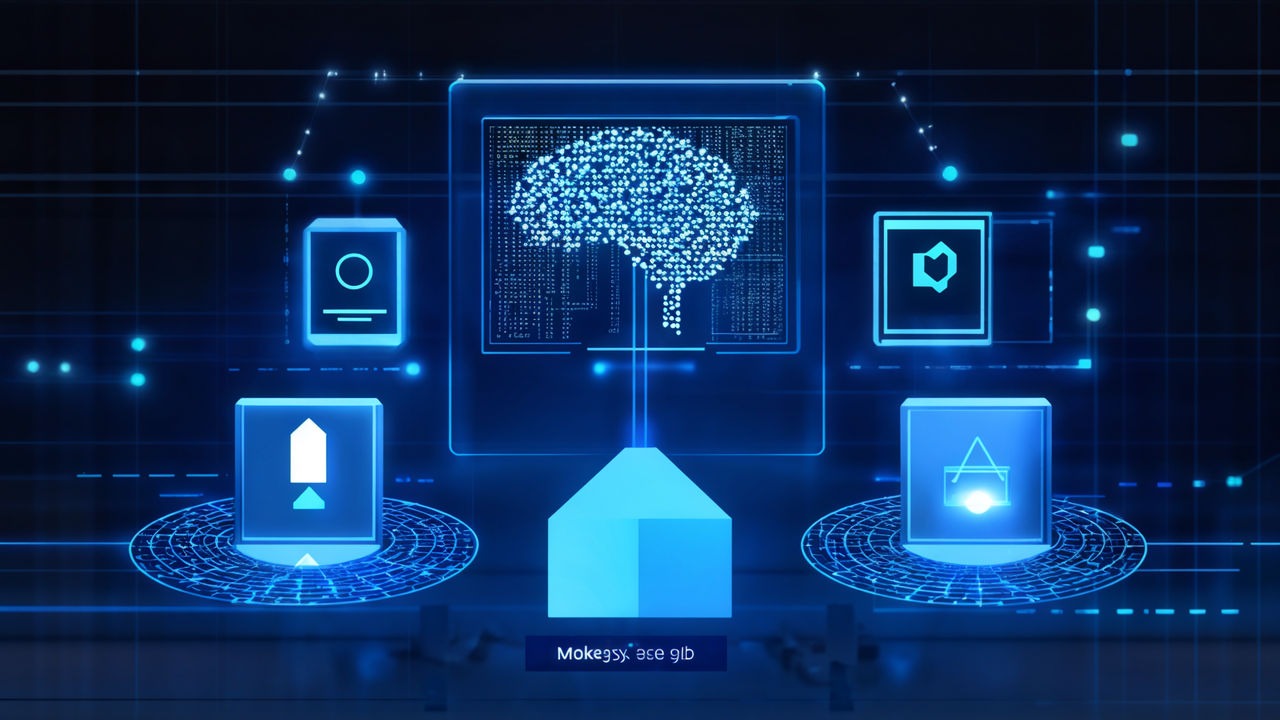Mastering Privacy and AI: Navigating Data Protection Challenges in 2024
Introduction: The Rising Intersection of Privacy and AI
As artificial intelligence (AI) continues to advance, it’s transforming industries worldwide. However, it also poses unique challenges, particularly when it comes to data privacy. The intersection of AI and privacy is more critical than ever, with personal data being the fuel that drives many AI applications. How can developers ensure their innovations align with global privacy standards while still delivering value? This article delves into the key challenges of data privacy in AI development and practical ways to tackle them.
The Privacy Challenge in AI Development
AI systems rely heavily on data to function effectively. This often includes personal and sensitive information, raising concerns about how this data is handled. A primary challenge lies in the sheer volume of data processed by AI models. From training datasets to real-time inputs, data privacy becomes a complex puzzle. For developers, aligning AI practices with regulations like the General Data Protection Regulation (GDPR) is critical. It means not only handling data responsibly but also ensuring transparency in how data is collected and used.
One approach developers can take is adopting privacy by design principles, integrating privacy features from the start of the AI development process. This proactive approach can significantly mitigate the risks of privacy breaches and help meet compliance standards. Mastering machine learning responsibly can provide developers insight into integrating machine learning responsibly, offering a pathway for similar AI implementations.
Aligning AI with Global Privacy Standards
Adapting AI systems to comply with global privacy regulations can be daunting. The laws surrounding data protection vary from region to region, but several key principles emerge across all frameworks. One such principle is user consent. AI systems must obtain explicit permission before collecting personal data, especially sensitive information. Developers must ensure that AI-powered applications present clear and accessible consent forms, allowing users to understand what data is being collected and why.
Another significant challenge is data minimization. Instead of collecting excessive amounts of data, developers should focus on gathering only the information necessary to achieve the AI’s objectives. Implementing this strategy not only enhances privacy protection but also improves compliance with regulations such as GDPR. Developers looking to adopt these privacy-focused practices should also consider exploring the power of Exploring serverless architecture for secure data handling, as serverless systems can enhance data handling security by minimizing exposure to threats.
Privacy-Preserving Technologies in AI
To address privacy concerns, new technologies are emerging that allow AI systems to function effectively without compromising personal data. Federated learning is one such approach, where AI models are trained across decentralized devices using local data, without transferring it to central servers. This ensures that personal data remains with the user while still contributing to the AI model’s accuracy. Similarly, differential privacy adds noise to datasets, preventing the identification of individual users while maintaining the overall accuracy of the data.
For developers, adopting these technologies can provide a competitive edge, ensuring that their AI applications meet privacy requirements while still delivering robust performance. Secure real-time data interactions in AI explores the importance of secure real-time data interactions, which is another consideration when designing privacy-preserving AI systems.
The Developer’s Role in Ensuring Ethical AI
Developers play a crucial role in ensuring that AI systems respect user privacy. By embedding privacy-focused strategies into the development lifecycle, they can build AI systems that are both innovative and compliant. This means not only adopting technologies like federated learning and differential privacy but also being transparent about how AI decisions are made. For instance, using explainable AI techniques allows developers to offer users insights into why specific actions were taken, fostering trust.
Furthermore, developers should regularly audit their AI systems to ensure compliance with evolving privacy laws and identify any potential data risks. Building a culture of responsibility in AI development will ensure that privacy remains a priority. Developers should refer to Building scalable infrastructure for ethical AI development for insights on scalable and secure infrastructure that supports these ethical practices.
Conclusion: Navigating Privacy in the AI Era
As AI continues to reshape industries, developers must be vigilant in addressing the privacy challenges that come with it. Aligning AI development with global privacy standards is no longer optional; it is a necessity. By integrating privacy-preserving technologies, obtaining proper user consent, and adhering to data minimization principles, developers can create AI systems that not only drive innovation but also respect user privacy.
Privacy and AI may seem at odds, but with the right strategies, developers can navigate this intersection successfully. By making privacy a core component of AI development, they ensure that AI remains a force for good in an increasingly digital world.
Discover more from Just-CO
Subscribe to get the latest posts sent to your email.




